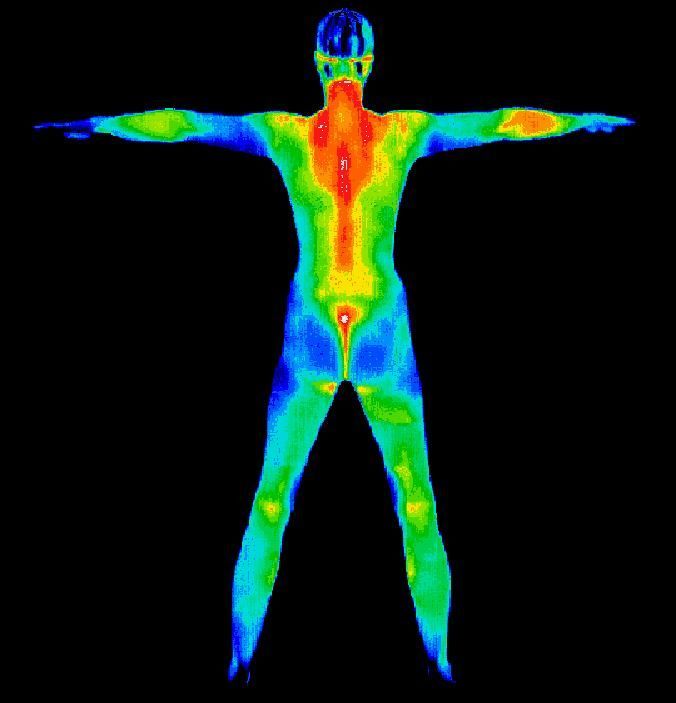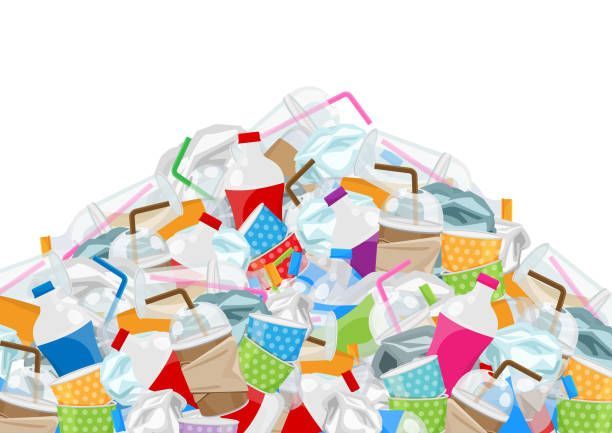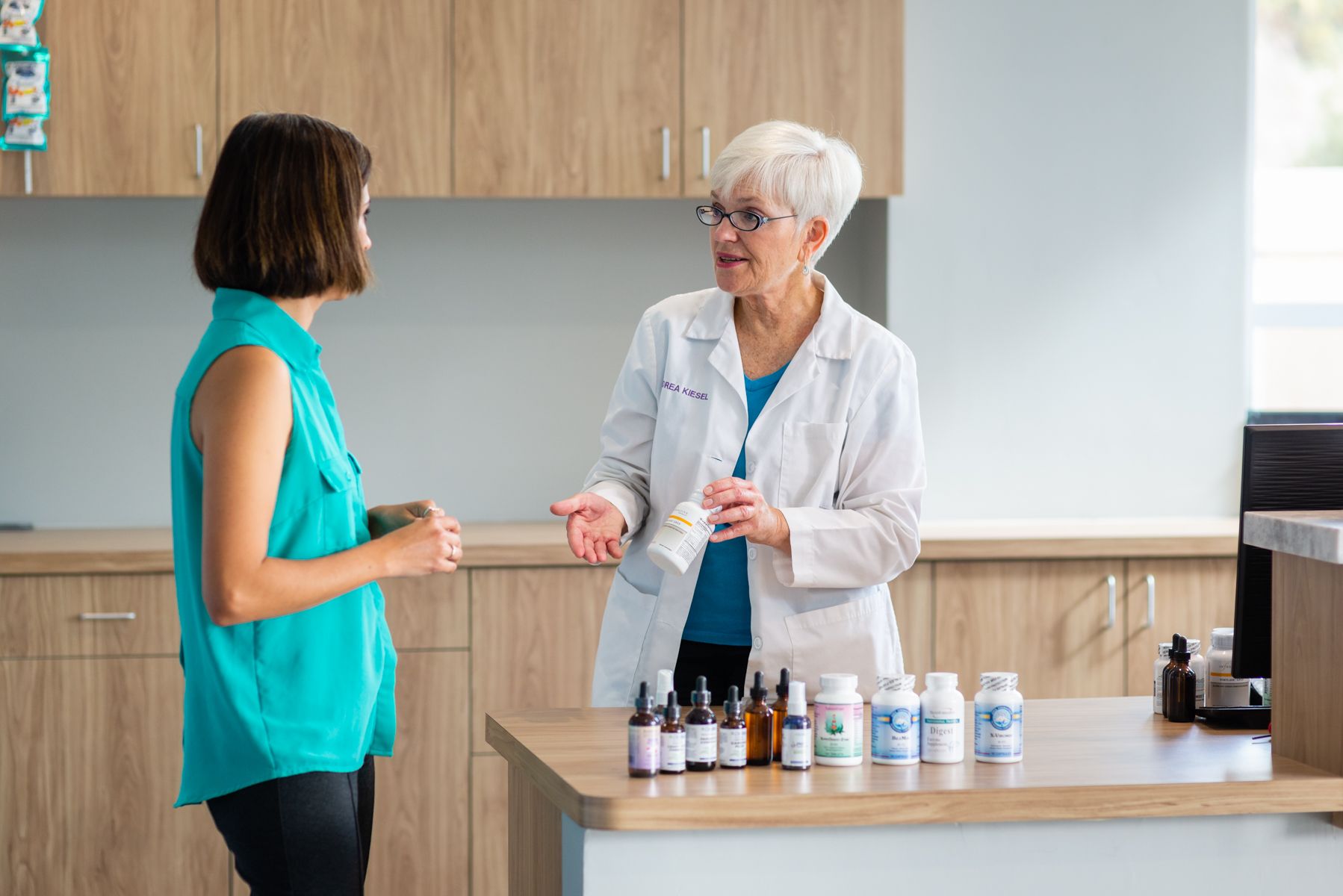Breast Health Awareness Month
October is Breast Cancer Awareness month. I prefer to think of it as Breast Health Awareness month. It’s the time of year I’m reminded to get my annual Thermogram, NOT an X-ray Mammogram.
“Thermography is a reliable method to detect the signs of medical conditions before they become a problem!”
"Early detection allows you to make changes that will help your body heal."
For over a dozen years in the 1980s-90s, I worked for a cancer research biotech company in Seattle. One day, I was speaking with a nurse colleague about a clinical trial we were working on for breast cancer, and was shocked to hear her say that we were trying to kill the cancer before we killed the patient. She assured me the chemotherapy we were using was killing the patient in the process of treatment.
I was naive enough to think that our company was helping in the “fight against cancer”… Then my mom died of pancreatic cancer and my naïve bubble was burst. I realized cancer was too big of a business in the USA for us to ever find a “cure”.
There are cures for cancer, just not in America.
About 20 years ago, I had my third and last mammogram. That 50 lbs of compression on my breasts was just too painful! I still was connected to traditional medicine and believed that I had no other choice than to follow my doctor’s advice and to screen for breast cancer with mammography, while we “waited” for the cancer to show up! Yikes!
Many women ask me if there is an alternative to doing a mammogram…
Eventually I continued my education and became a trained thermographer under Dr. Gregory Melvin and Linda Hayes, who have over 30 years of experience reading and interpreting thermal imaging scans. Dr. Melvin also teaches and certifies doctors and technicians in thermal imaging.
“With thermography as your regular screening tool, it’s likely that you would have the opportunity to make adjustments to your diet, beliefs, and lifestyle to transform your cells before they become cancerous. Talk about true prevention! — Christiane Northrup, M.D.
Dr. Northrup continues:
“Mammograms carry health risks, both to body and mind, which may outweigh the benefits for many women. And, increasingly, due to high resolution mammograms, DCIS — or Ductal Carcinoma In Situ — is being picked up on breast cancer screening tests.
I have friends who have had bilateral mastectomies for DCIS. This absolutely breaks my heart because DCIS is NOT cancer, though many doctors consider it to be “Stage 0 cancer.”
And, depending upon what advice a woman is then given, she may well be advised to get treatment, which she rarely needs. This is a shame because 99.9 percent of the time DCIS is something a woman will die with but not die from!”
- Breast cancer doesn’t start in the breast. It can be the result of:
- Lymphatic congestion
- Hormone imbalance
- Infections elsewhere in the body, like dental infections
- These cannot be picked up by an X-ray mammogram. But thermography clearly shows these as points of origin.
- With thermography, breast anomalies, like precancerous or cancerous cells, can be detected 8-10 years before a tumor shows up, when the amount of cancer cells are small enough to be treated easily with anti-cancer diet and lifestyle changes. It takes 8+ years for a tumor to be big enough to be detected by manipulation or mammography.
- Thermography also produces unambiguous results, which cuts down on additional testing and doesn’t hurt the body (no radiation or compression).
- Breasts don’t have bones in them, so why do we x-ray them since the purpose of x-rays is to determine the health of the skeletal system?
- Mammograms are not prevention, whereas focusing on breast health by making changes in diet, lifestyle, exercise, stop smoking, are true preventatives.
- Radiation from one mammogram can be up to 1,000 times greater than a chest X-ray.
It’s possible that ionizing radiation used in mammograms mutate breast cells.
Research shows that radiation from one mammogram increases your chance of having breast cancer by 5% for each mammogram you receive. So if you have 12 mammograms as recommended (every other year from age 50 to 74) you now have a 60% chance of getting breast cancer, from the radiation exposure alone.
As you may know, thermography is a form of thermal (infrared) imaging. Philip Getson, D.O. has been a medical thermographer since 1982. Dr. Getson explains how thermography works this way:
"It is widely acknowledged that cancers, even in their earliest stages, need nutrients to maintain or accelerate their growth. In order to facilitate this process, blood vessels are caused to remain open, inactive blood vessels are activated, and new ones are formed through a process known as neoangiogenesis. This vascular process causes an increase in surface temperature in the affected regions, which can be viewed with infrared imaging cameras. Additionally, the newly formed or activated blood vessels have a distinct appearance, which thermography can detect.
It’s an image of heat in the body. Heat is an indication that inflammation exists, and typically inflammation is present in precancerous and cancerous cells, too. It’s also present in torn muscles and ligaments as well as arthritic joints, which thermography can also detect!"
I RECOMMEND THERMOGRAPHY INSTEAD OF MAMMOGRAPHY FOR A NUMBER OF REASONS:
1. It’s the best option for women who are younger (than 50) and have denser breasts, or
who have breast implants.
2. No radiation or compression is involved, so it is totally safe and doesn’t hurt. It’s safe for
pregnant and nursing women, too. It’s like having your picture taken!
3. It shows other areas of inflammation in the body, so we can use other modalities to
reduce the inflammation and/or pain that is present.
4. It’s an easy way to do a basic health-check-up to look for thyroid activity, digestive
disturbances, causes for migraine and headaches, dental issues, strained muscles, inflamed
joints, etc.
Consider Thermography as your best screening test!
If you feel more comfortable having a bi-annual mammogram, go right ahead. Just be aware of the drawbacks and risks associated with mammograms, when your doctor suggests you are due for your next one. It's OK to tell the doctor what you want.
Don’t allow them to intimidate you or feel guilty if you prefer to do thermograms. We want to see how healthy your breasts are, not just screen them for cancer.
Check out thermography for yourself and your loves ones during Breast Health Awareness month!
If this creates an interest to explore more, contact my office and let's talk.










